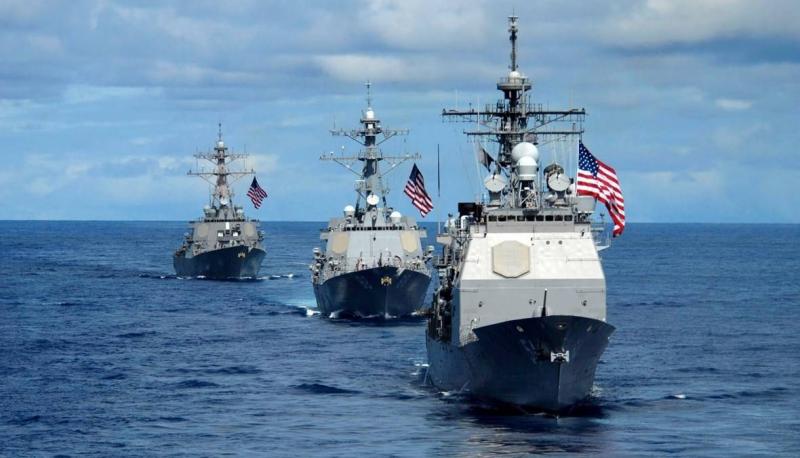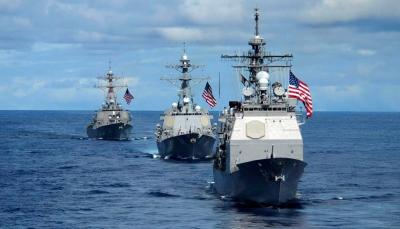The British newspaper "The Telegraph" stated that it is time for American officials to recognize that the United States cannot be an absolute power, engaging in every battle around the world. In an article titled "Iran and the Houthis Defeated the U.S. Army," writer Daniel DePetris pointed out that "Americans have not only learned from a young age to love their country, but to marvel at its power." He considered it "hard not to be sympathetic to this kind of argument, given that the United States accounts for a quarter of the global GDP. The U.S. spends on defense more than the next nine countries combined, and it enjoys broad influence in international trade and international economic institutions such as the World Bank and the International Monetary Fund."
He observed that "what U.S. policymakers often fail to understand is that power does not necessarily mean unlimited influence. U.S. foreign policy engineers often assume that the U.S. has absolute power, and that it can coerce both friends and foes alike to adjust their policies to please Washington."
He added: "This assumption is almost universal, yet it has been disproven repeatedly, especially in the Middle East. In Yemen, for instance, the Houthis have treated the Red Sea as their private shooting range since November. They have attacked civilian ships and U.S. naval vessels crossing the waterway more than 100 times during that period to support the Palestinians."
He pointed to "Iran as another example, perhaps the most widespread. During the administration of former President Donald Trump, Iran was public enemy number one. Trump, spurred by Secretary of State Mike Pompeo and National Security Advisor John Bolton, withdrew from the Iranian nuclear agreement and reimposed the economic sanctions that had been lifted under the deal. The goal of the maximum pressure strategy was to push the Iranian economy to a point where Supreme Leader Ayatollah Ali Khamenei would have no choice but to beg for forgiveness and sign a new agreement on American terms."
He reported that "the economic pain did not yield any positive political results regarding the nuclear file. In fact, the Iranian nuclear issue has worsened. Tehran, freed from any nuclear restrictions, began installing more centrifuges, raised its enrichment level to higher rates, reduced the accessibility of the International Atomic Energy Agency, and became closer than ever to possessing a nuclear bomb."
He concluded: "None of this means that the United States is not a powerful country. Rather, the important point here is that the U.S. often overstates its power, downplays the ability of other countries to resist American demands, and is overly confident that any challenges along the way can be easily set aside. The reality is much more complicated, and it is time for American officials to acknowledge that."




